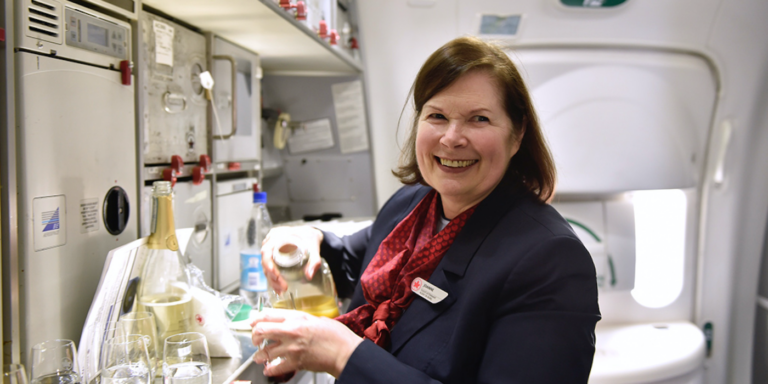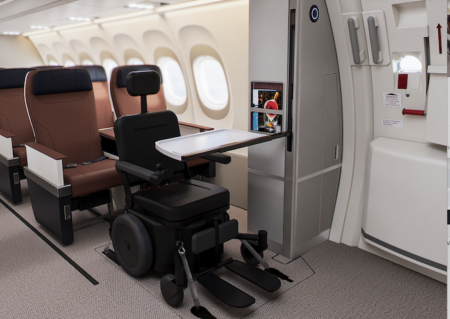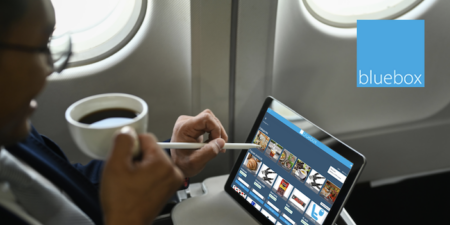As Canadian flight attendants are required and willing to fly during the COVID-19 outbreak to help Canadian passengers, the airline division of CUPE (the Canadian Union of Public Employees, Canada’s largest union) is asking the federal government to enforce minimal health and safety standards on Canadian aircraft to protect its 15,000 members.
“Our members are on the front lines of this global crisis, and the federal government must tell Canadian airlines that they need to do more to protect them, and fast,” said Julie Roberts, president of the airline division of CUPE.
At this point, CUPE recommends that the following minimal standards should be imposed:
• Reducing physical contact between flight attendants and passengers and in-flight service items is critical
• Non-essential inflight service to passengers needs to be minimised. Flight attendants should only be interacting with passengers for urgent matters, like medical situations or security situations
• Increased availability of personal protective equipment, including medical-grade gloves, long-sleeve isolation gowns, N95 masks, and face shields for every flight attendant
• Properly stock every flight with adequate disinfectant and potable water, and properly disinfect every plane after every flight
• Airlines or airports or should have specially trained personnel assigned to do the pre-flight screening of passengers for COVID-19 symptoms
“The situation is evolving quickly, and other health and safety measures might need to be taken shortly to protect passengers and crew on board Canadian airlines,” added Roberts.
“Flight attendants are getting Canadians safely back from abroad, and where they need to be to keep our country going. The federal government must act now to protect their health. Waiting is not an option,” said CUPE national president, Mark Hancock.
“In a public crisis of this scale, the health and safety of flight attendants is paramount. They run the risk of getting sick by flying to help others. The federal government has the obligation to protect them by implementing these measures now,” added CUPE national secretary-treasurer, Charles Fleury.
The Air Canada case
In other CUPE news, the union reports that Air Canada flight attendants are “shocked and disappointed” at the company’s refusal to change in-flight procedures to protect crew and passengers from the spread of the COVID-19 virus.
On Tuesday morning, Wesley Lesosky, president of the Air Canada component of CUPE, wrote to Air Canada with a list of suggestions to help reduce the risk of infection for crew and passengers. The list included a recommendation to minimise in-flight service in order to reduce physical contact between flight attendants and passengers as much as possible.
On Tuesday evening, the airline confirmed that inflight meal and drink service will essentially proceed unchanged, despite concerns from the union that the virus can be easily transmitted during the multiple physical interactions involved. The union had recommended that interactions with passengers should be temporarily restricted to medical or security emergencies.
“We aren’t operating in a business-as-usual environment any more, and Air Canada should stop acting like we are,” said Lesosky. “While our members work through extremely trying circumstances to bring Canadians home safe, it’s disappointing to see the airline ignore the health and safety of its own employees.”
The union did report that it was pleased to see Air Canada respond positively to its recommendations to improve the quality and availability of personal protective equipment, sanitising products and disinfectants. The union is calling for the airline to implement these commitments as soon as possible.





